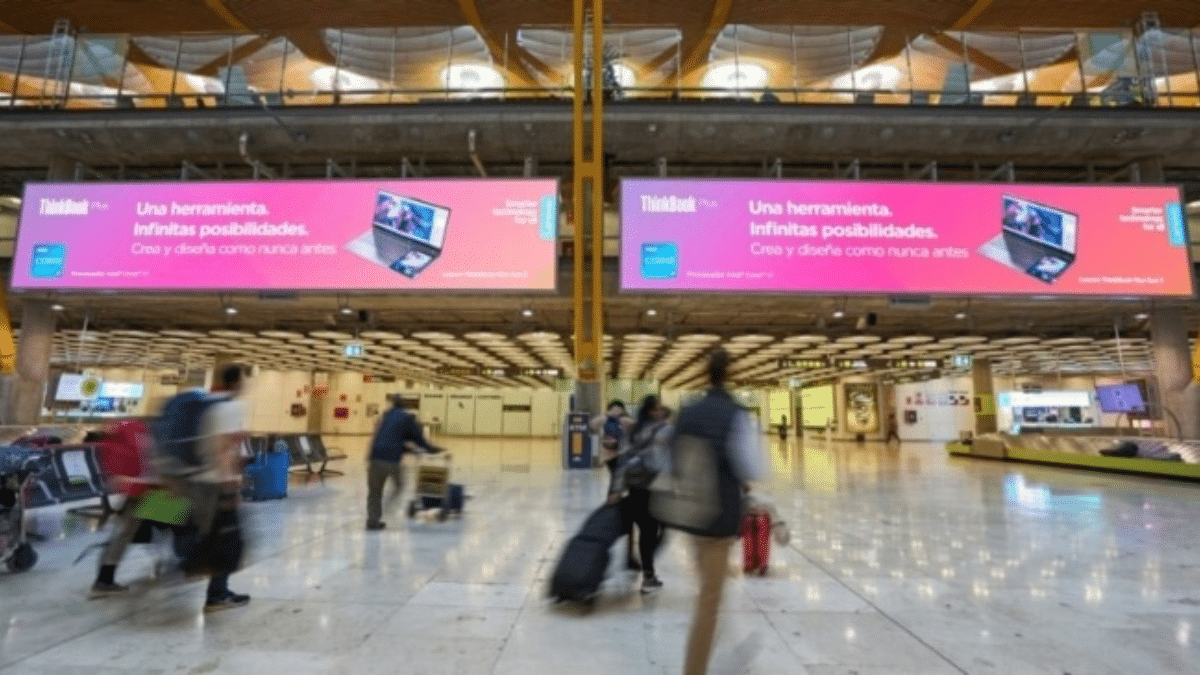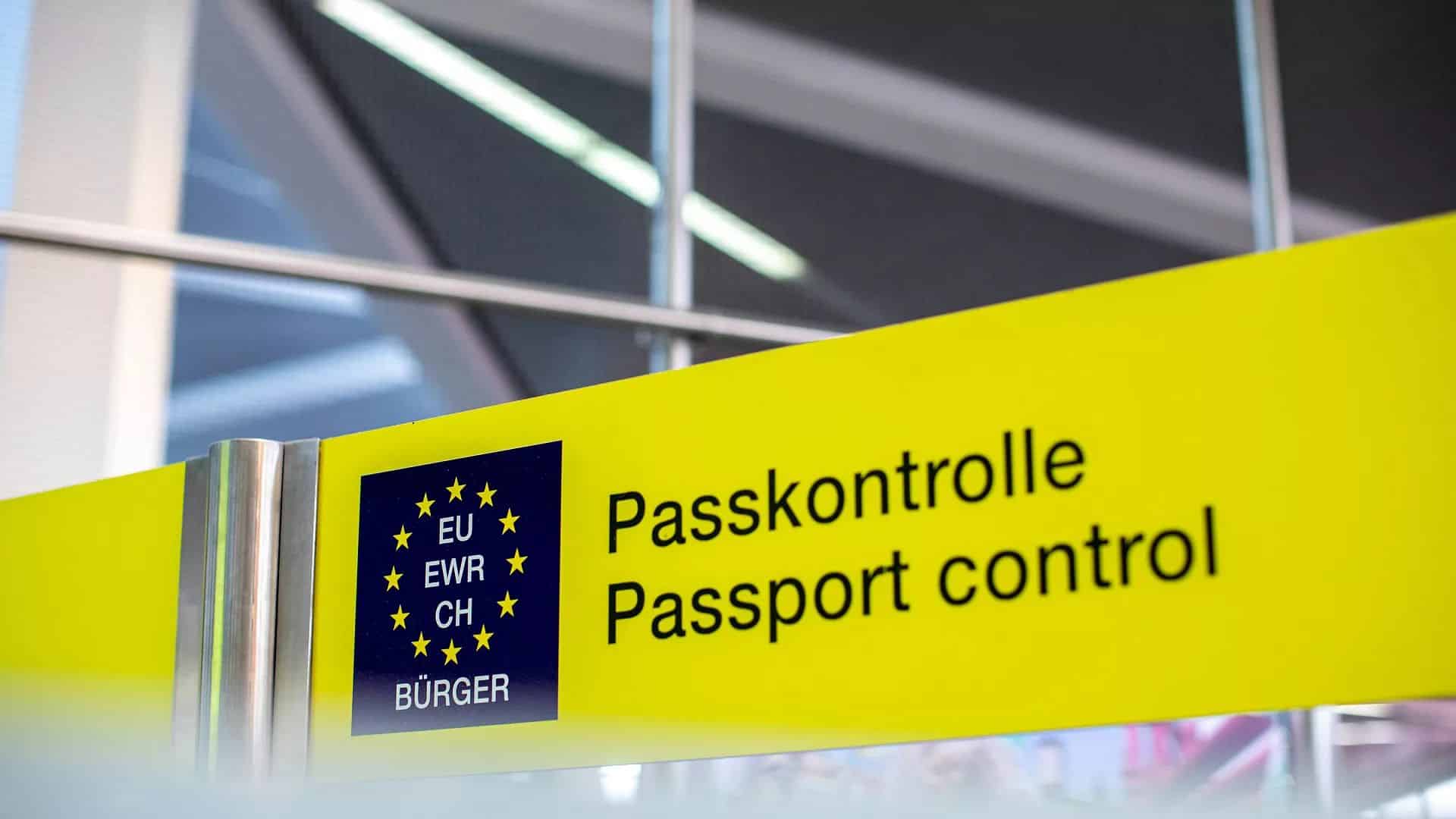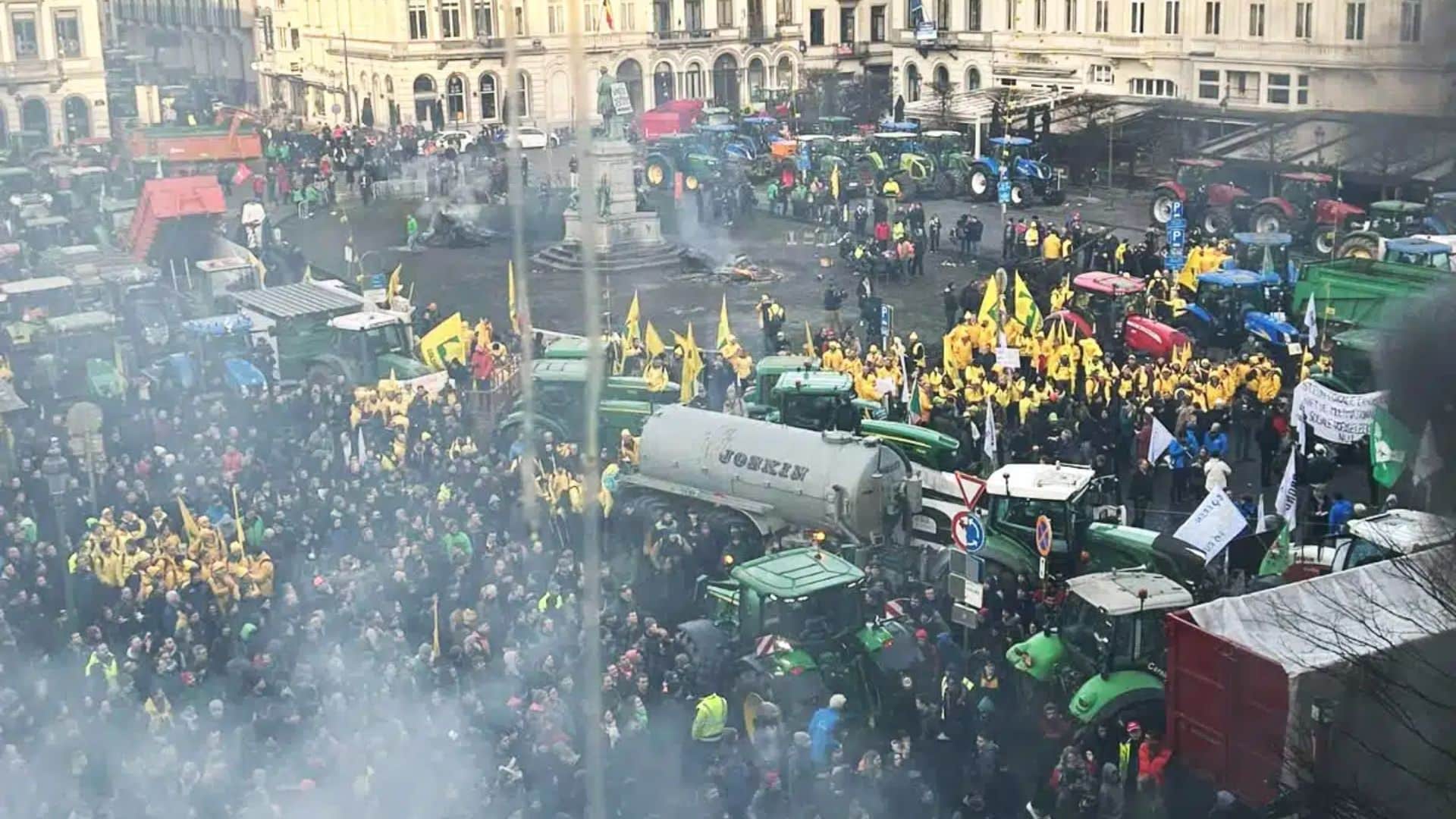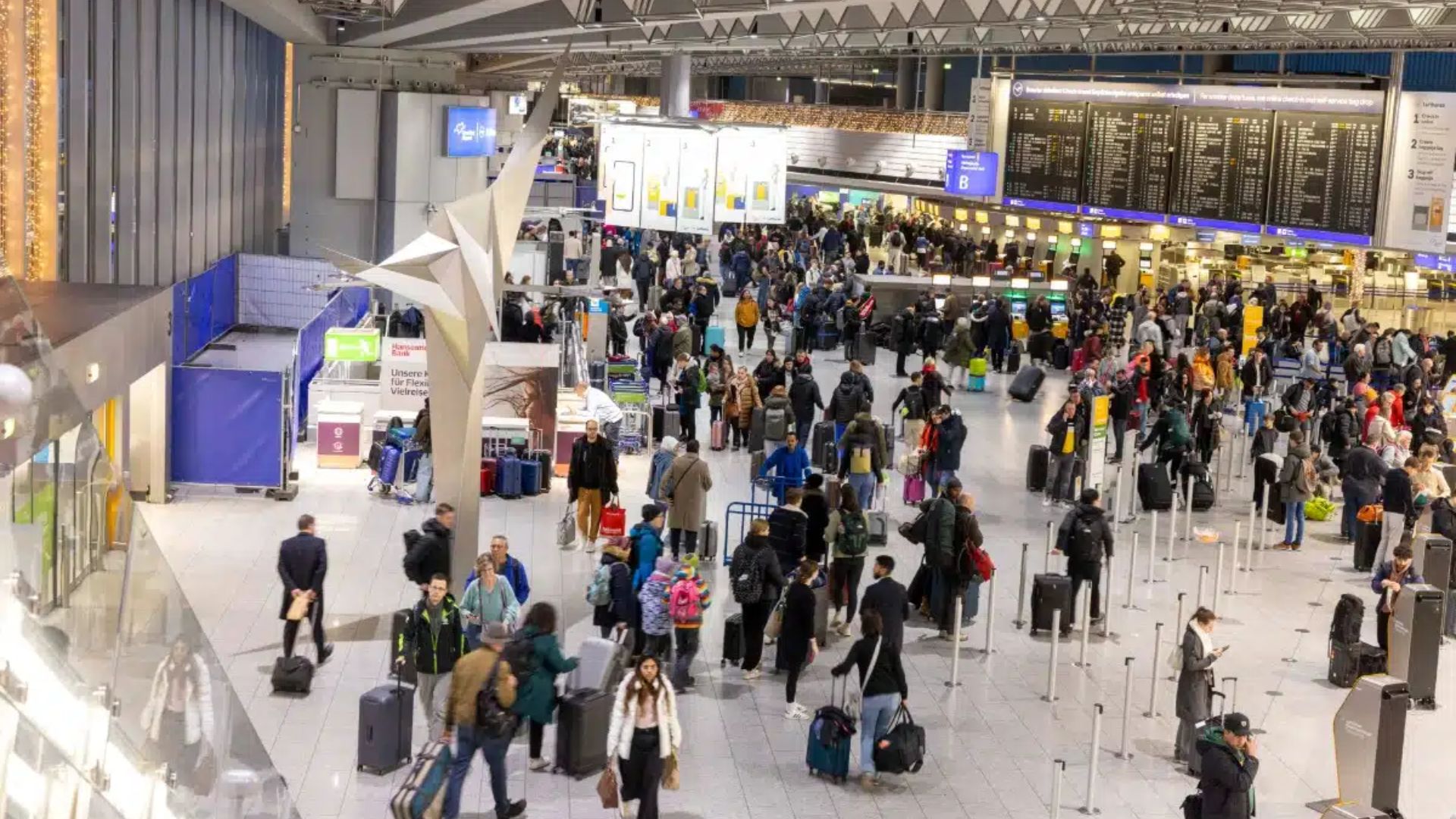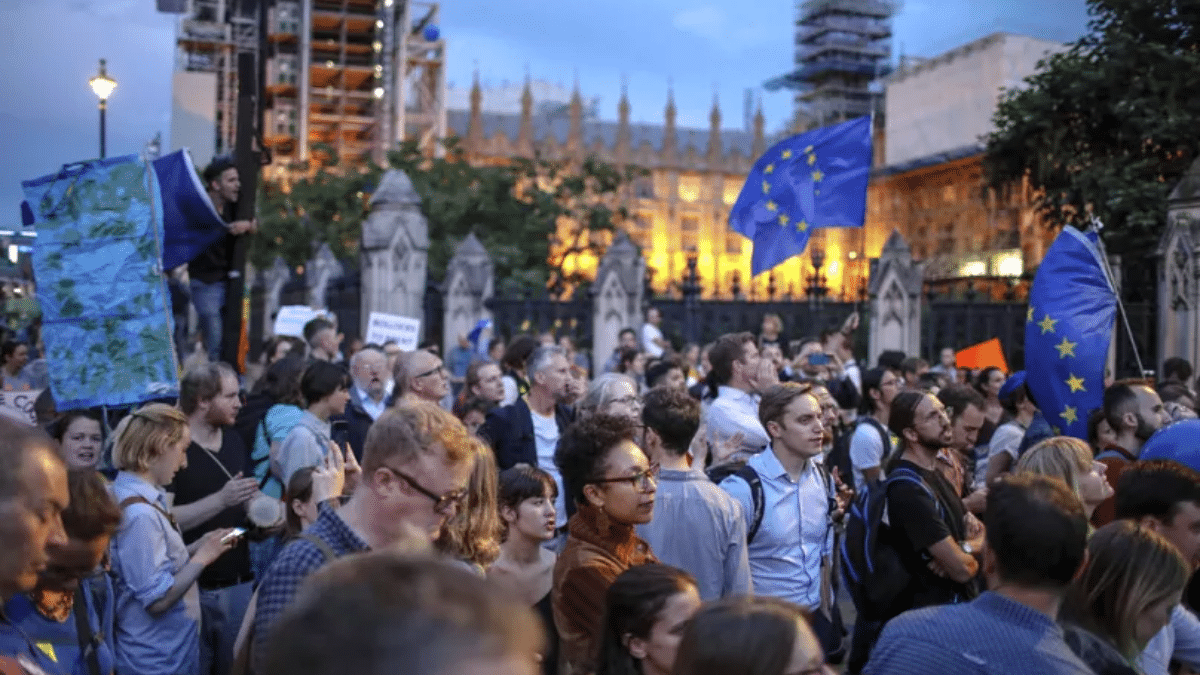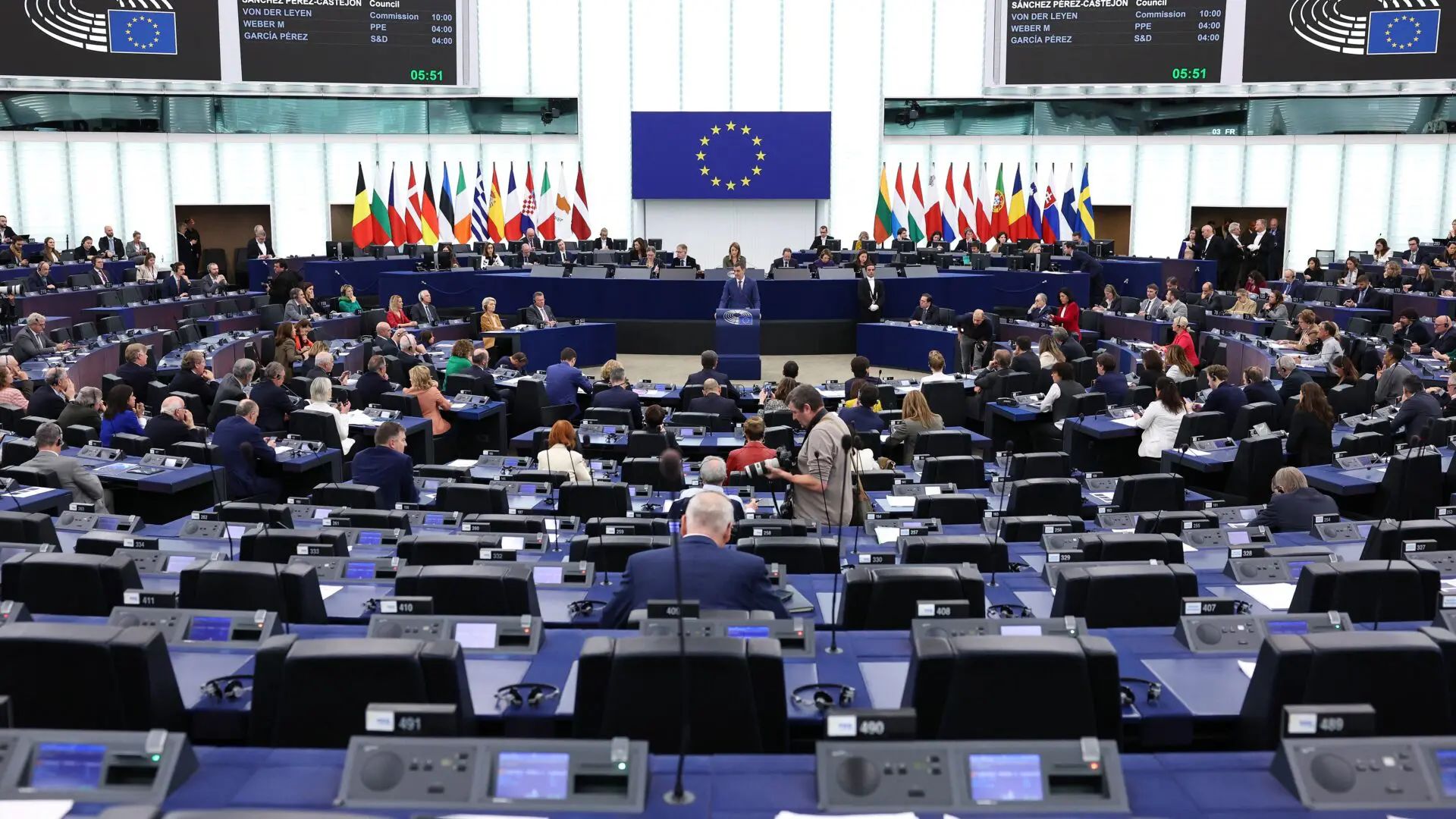
A future without a car: from middle-class pride to luxury for the elite
It is hard to imagine a more classist measure than banning those who cannot afford a new car. The electric vehicle, more expensive and with less range, is still a minority except in the incessant government advertising, a subsidiary of supranational bodies such as the UN or the EU, whose parliament on Tuesday approved a ban on the sale of combustion vehicles, including petrol, diesel and hybrids, from 2035.
This crusade against the car is not just an arbitrary measure, but a frontal attack on the middle class and its habits, a true sign of our times. The people, increasingly defenceless and fragmented in atomised societies, are being deprived of their main means of transport, the guarantee of their independence, freedom and prosperity over the last six or seven decades.
Of course there is an alibi: it is all for our own good. The restrictions are made to reduce pollution of the planet and to ensure a green and sustainable future. This is what the climate agenda driven by NGOs, big business and governments is enthusiastically dedicated to, trying to convince us that without restrictions there is no possible world.
It is a pity that 2020, the year of global containment by the virus, was the record year for carbon dioxide emissions into the atmosphere. The UN’s World Meteorological Organisation published a report that showed CO2 reaching 413 parts per million in 2020, up from 410 parts per million in 2019. Border closures, drastic reductions in air travel, cars and other means of transport did not reduce pollution. Science, the much-appealed wild card, exposes the official narrative.
Another lesson of 2020 is the widening gap between those at the top and those at the bottom. While mobility restrictions were common currency for the entire Western population, private jet travel multiplied. In a way, this foreshadowed a future – which is today – in which elites enjoy the deprivations they impose on the rest. The car, like the plane, will be the privilege of the few in the years to come.
None of these momentous changes in our lives would be possible without the Paris Agreements, the Green Pacts and the 2030 Agenda. All three have in common that their effects are felt by the citizen who has just been banned from using his or her car without being consulted.
Perhaps the expression that best explains this era is “have nothing and be happy”, the slogan of the World Economic Forum in Davos in 2021, one of those centres of power where almost everything is decided and no one is accountable. This dynamic, accelerated in recent years, has colonised parliaments and stripped nations of sovereignty.
One of the most recent impositions in Spain is Madrid Central. Promoted by the left and maintained and extended by the PP, it is a plan that limits traffic to the point that today you can no longer enter the centre or the M-30 if your car has an A sticker (without a sticker). As if that were not enough, you have to pay green taxes and the alternative is to ride a scooter.
This is no exaggeration: the end of the car is the symbol of the decadence of our times, it is a complete involution and a paradox for those who continue to keep alive the myth of progress, that is, that humanity, by inertia, always advances towards a better future. At the rate we are going, this can already be refuted by the 60s and 70s, characterised by the creation of the middle class and millions of Spaniards gaining access for the first time to owning a house and a car.
It is precisely the longing for those times of secure jobs, homes and cars that partly explains the protectionist turn in the West since 2016, the year of Brexit and Trump’s victory. Deindustrialisation and the growing gap between ordinary people and the ruling class has consolidated the phenomenon in countries across Europe. The closest are France, where Le Pen came within a whisker of winning the 2017 and 2022 presidential elections, and Italy, with Giorgia Meloni as the new president.
It is worth looking at the groups that voted in favour of a ban on car sales after 2035: the left, the Greens and the Liberals. Although it bears repeating, the left-right axis is dead in the realm of ideas, but not in our minds, because we still use these parameters to explain reality. And that is why it is scandalous that “the left and the liberals” have brought about one of the biggest stabs at the middle and working classes in living memory.
From the old concepts it is an inexplicable vote, almost a contradiction. However, the new globalist-national actors do explain quite simply that left and liberals, both in the first group, are rowing in the same direction. This is the reason why so many workers – see Ismael the plasterboarder – leave the left parties, because everything seems to be designed against the ordinary citizen who, whether he lives in the countryside or in the city, can only defend himself against this clampdown by taking refuge in protectionist options.

